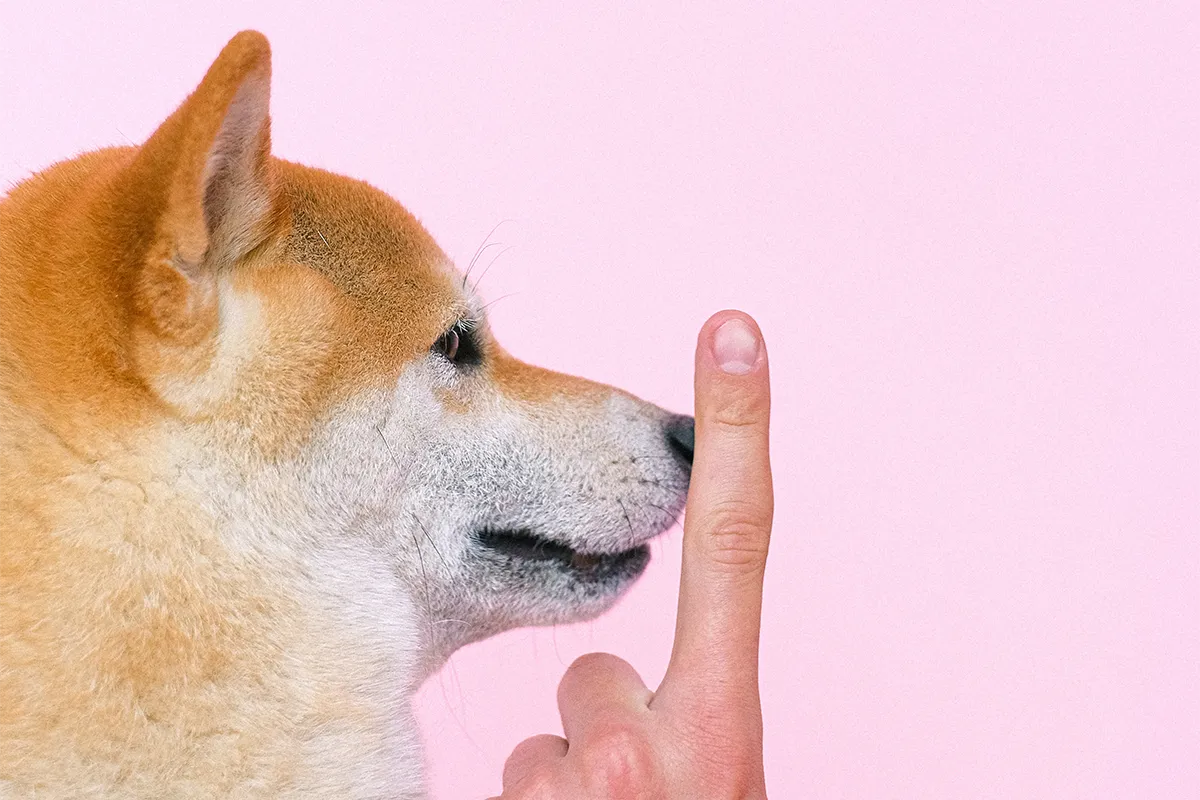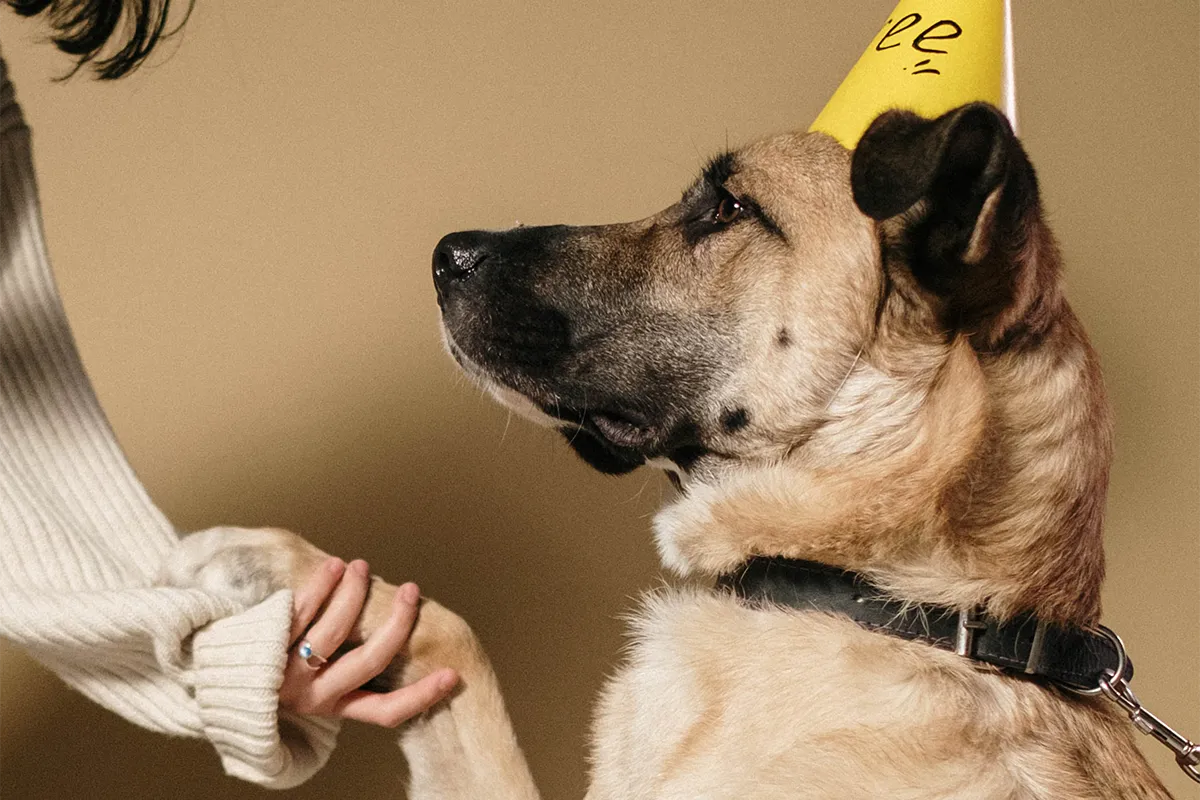As our beloved canine companions gracefully age, they may develop habits that often go unnoticed or unaddressed due to a lack of knowledge or experience on the part of their owners. Dealing with these ingrained behaviors in older dogs can prove more challenging than with puppies, but rest assured, it is a task that can be conquered. Contrary to the saying, “You can’t teach an old dog new tricks,” with the right training and unwavering persistence, you can indeed effectively tackle these habits. In this comprehensive guide, we will delve into a variety of practical strategies, providing you with the tools to help your older dog live a happy and behaviorally balanced life.
Table of Contents
- Understanding Canine Behavior
- Stimulating Their Minds
- Reward-Based Training with Treats
- Owner’s Role in Habit Formation
- Seeking Guidance from Canine Behaviorists
- Optimizing Their Diet
- Unlearning One Habit at a Time
- Conclusion: Patience and Persistence
Understanding Canine Behavior

Dogs, though communicative in their own ways, may develop habits due to a lack of stimulation or unaddressed issues. Understanding their behavior is the crucial first step in tailoring interventions effectively. Explore the intricacies of canine communication, delving into how older dogs exhibit specific behavioral patterns and how to interpret and respond to them.
Stimulating Their Minds
Similar to humans, dogs need mental stimulation to stay content. Regular walks provide various scents and experiences, contributing to mental well-being. Dive into creative ways to stimulate your dog’s mind, from puzzle toys to interactive play. Understand the importance of mental engagement in preventing and addressing undesirable behaviors.
Reward-Based Training with Treats
Reward-based training, using treats as positive reinforcement, proves highly effective. Understand the psychology behind this training method and learn how to choose the right treats for optimal results. Explore case studies illustrating successful behavior modification through positive reinforcement.
Owner’s Role in Habit Formation
Owners inadvertently contribute to bad habits, such as feeding dogs from the table, leading to begging or jumping. Recognizing and eliminating habits created by the owner is crucial in addressing a dog’s undesirable behavior. Delve deeper into unintentional habits, understanding their impact on your dog, and strategies to break the cycle.
Seeking Guidance from Canine Behaviorists
When bad habits become deeply ingrained, seeking advice from a canine behaviorist is a wise step. Explore signs indicating it’s time to consult a professional and gain insights into what to expect during canine behavioral therapy. Learn from real-life examples of how behaviorists have successfully tackled complex behavioral issues in older dogs.
Optimizing Their Diet
Diet plays a significant role in a dog’s behavior, especially as they age. Ensure your dog receives a balanced diet that meets its nutritional needs. Learn about the link between diet and behavior, and discover ways to customize your older dog’s diet for behavioral improvement. Explore dietary adjustments that can positively impact your dog’s overall well-being.
Unlearning One Habit at a Time

Attempting to address all bad habits simultaneously can be overwhelming. Take a gradual approach, focusing on unlearning one habit at a time. Explore success stories where owners share their unlearning journeys and the positive impact on their dogs. Understand the importance of a patient and systematic approach in achieving long-lasting behavioral change.
Conclusion: Patience and Persistence
Dealing with bad habits in older dogs requires patience and persistence. Understand the role of patience in dog training and learn how persistence pays off in overcoming habits. By implementing these comprehensive strategies, you can enhance your success in ensuring a happy and behaviorally balanced life for your aging canine companion.